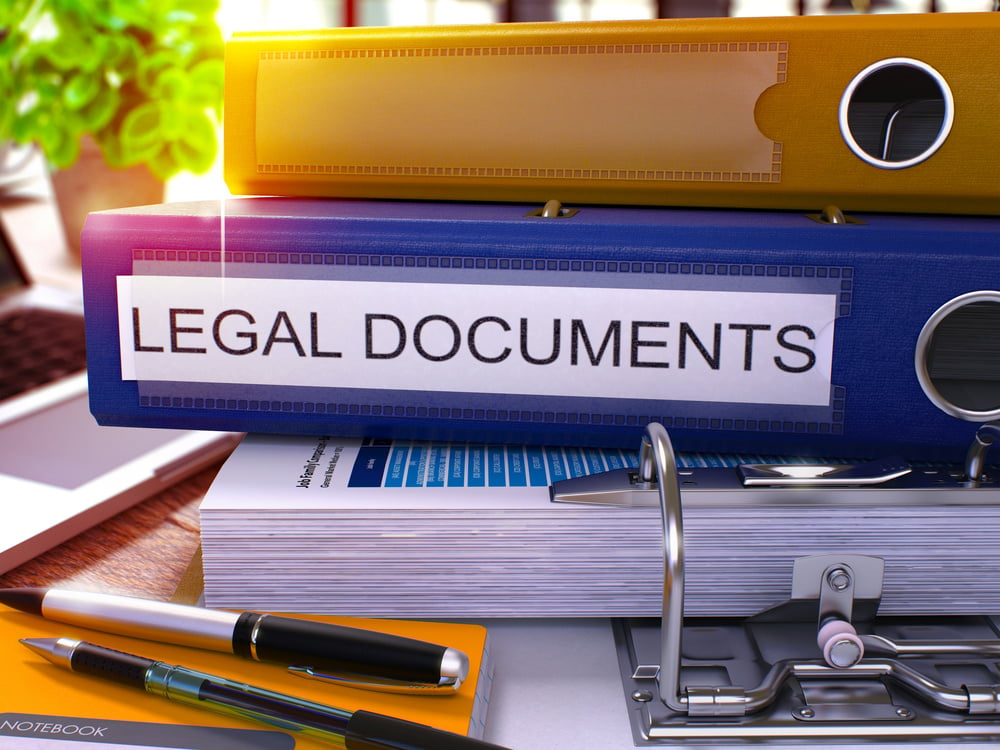This is part 2 of 6 of Stock Legal's "Mergers and Acquisitions" blog series. For part 1 of 6, please click here, for part 3 of 6 please click here.
Entering into confidentiality agreements is a basic yet fundamental task in protecting your company throughout its life cycle.
Exploring the sale of your company is one such instance where you must enter into a confidentiality agreement with prospective buyers to appropriately protect yourself. At the outset, from the get-go, even if it just a casual conversation, you need to stop and request that the other party enter into mutual and appropriately tailored confidentiality agreement. This request is standard and should never be viewed as burdensome or aggressive, as it is in both their and your best interests to protect the exchange of confidential information. Entering into a confidentiality agreement is a quick but vital step to make sure you are guarding the sensitive and proprietary information that is essential to your business (your clients, intellectual property, business process, etc.).
One of the first things a potential acquirer will request from you as the seller are your company’s last couple of years of financial statements and tax returns. You cannot provide even this basic information prior to entering into a confidentiality agreement.
Potential buyers will usually use your financials as the basis of their offer price, and you cannot provide them the necessary information to conduct an EBITDA calculation without entering into a confidentiality agreement.
Potential buyers will also often require that you share your business plan, basic information with respect to your intellectual property or even a list of your biggest customers and you cannot provide them this information without entering in a confidentiality agreement
This exchange of information usually happens before entering into a letter of intent with a potential buyer and you cannot wait.
While it is a well-known and simple step, people commonly think they can just pull off a form confidentiality agreement off the internet, sign it and they are properly protected. However, a confidentiality agreement is only as good as its specific purpose. We see two common mistakes with sellers utilizing confidentiality agreements – (i) the agreement is overly broad and fails to define the scope or purpose, and (ii) the agreement has an indefinite term. Both of these aspects must be tailored to your potential transaction or the confidentiality agreement may be tough to enforce.
Long story short, it is never too early in a transaction to request that a third party sign a confidentiality agreement and that agreement needs to be tailored for your purpose.
If you’re considering a transaction and want more information or legal counsel, feel free to reach out to us! We’re prepared to meet your timeline and assist you in the sale of your company.








